This post may contain affiliate links at no additional cost to you. As an Amazon Associate I earn from qualifying purchases. Click to view our full disclosure.
What's inside
Many people struggle to ingest adequate amounts of protein, especially in situations where our protein needs are increased due to exercise or other bodily stress, growth, and development, or an illness.
Adequate protein intake is important for building, repairing, and maintaining body tissues including bones, muscles, cartilage, skin, and blood.
Although there are many commercial protein powders and shakes designed to help us increase our protein intake, we’d prefer to consume our protein from natural sources.
We’ve compiled a list of the top 25 natural protein boosters to up your protein intake using real foods.
Greek Yogurt

Protein load: 15-20 grams per 6 ounces
Greek yogurt, although subject to variability across brands, provides a significant amount of protein per serving. Compared to regular yogurt, Greek yogurt contains almost double the amount of protein, therefore enabling it to help keep you fuller for longer.
In addition to its high protein content, Greek yogurt contains a significant amount of calcium, a micronutrient that plays a critical role in promoting and maintaining bone health.
Combined with its significant probiotic content, which helps promote gut health, these key nutrient components make it a home run for use in your daily smoothie and are popular for a protein boosters ingredient!
Spinach
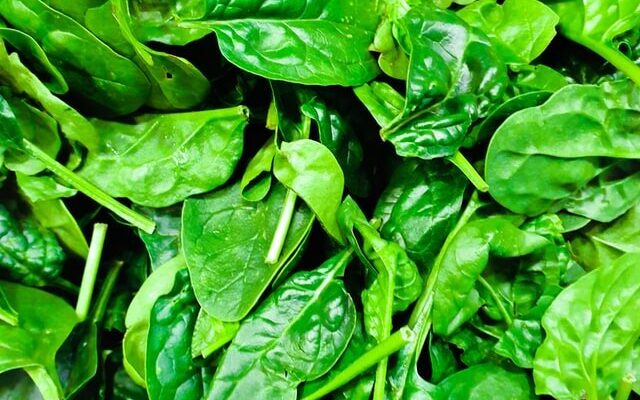
Protein Booster load: 2.9 grams per 100 grams spinach
Although good sources of micronutrients, leafy green vegetables aren’t often thought of as being good sources of protein. Spinach, however, contains significant amounts of protein with 50% of its calories coming from protein. Even more impressive, it is considered a complete protein as it contains all of the essential amino acids.
Aside from its impressive protein profile, spinach contains significant amounts of vitamins A, C, and K, folate, magnesium, and iron. These little green leaves pack a powerful nutritional punch, high nutrient density with surprising protein booster benefits.
Peanut Butter
Protein load: 8 grams per 2 Tbsp
Peanut butter occasionally gets a bad reputation because of its high fat and calorie content, but the truth is that it’s filled with many important nutrients including protein and heart healthy fats.
In addition to its high protein and unsaturated fat content, peanut butter contains significant amounts of fiber, magnesium, potassium, and zinc.
So while it’s true that consuming large amounts may not be ideal due to its high calorie and fat content, incorporating it in moderation can be a great way to add a variety of vital nutrients to your diet.
This is one of my favorite protein boosters in my daily smoothie!
Pumpkin seeds
Protein load: 12 grams per 1 cup
Pumpkin seeds carry a variety of health benefits of their own, including heart health and glycemic control. Beyond their high protein content, these seeds contain significant amounts of magnesium, zinc, manganese, and heart healthy fats similar to those found in peanut butter.
If you’re looking to increase the fiber content of your smoothie, make sure to utilize the shells as well! Because pumpkin seeds also contain significant amounts of vitamins A and C, they have antioxidant properties that can reduce bodily inflammation and prevent many chronic illnesses.
Flaxseed or Flax Milk
Protein Booster load: 1.9 grams per 1 Tbsp / 8 grams per 8 oz cup
Flaxseed has been increasingly popular in recent years as people become more aware of its many health benefits, which include reduced risk of chronic disease and improved heart and digestive health.
Its macronutrient profile is remarkable with 18% of calories from protein, 95% of carbohydrates from fiber, and a large amount of unsaturated fatty acids!
And, as if its macronutrient composition wasn’t impressive enough, flaxseed also contains a variety of micronutrients including thiamine, copper, molybdenum, magnesium, and phosphorus. Flax comes in several forms, making it an easy addition to your smoothies.
Raw Oats
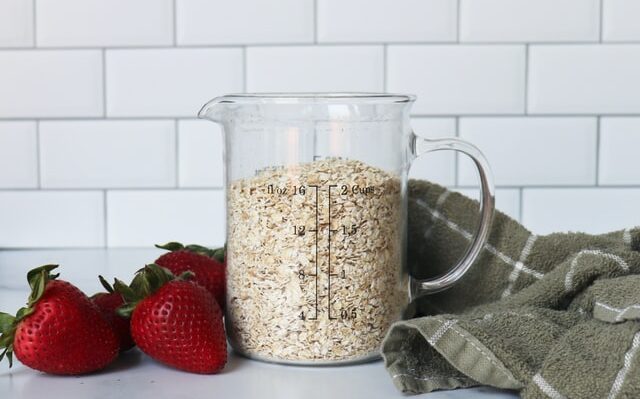
Protein load: 13 grams per 100 grams raw oats
Although raw oats may not sound like the most appealing thing in the world, they can be seamlessly added to smoothies or protein shakes because of their mild flavor. Adding oats to your smoothies is a great way to not only add protein, but also increase fiber and micronutrient composition.
The high protein and fiber content found in raw oats will help keep you full for longer periods of time, thus promoting weight loss.
The wide variety of nutrients found in raw oats offer significant health benefits, including the promotion of gastrointestinal health.
Cottage Cheese
Protein load: 20-25 grams per 1 cup
Cottage cheese is amazing in terms of its protein content, boasting nearly 25 grams in just 1 cup. In fact, nearly 70% of the calories in cottage cheese come from protein.
As a dairy product, it also contains large amounts of calcium, phosphorus, and several B vitamins, all of which help promote bone health.
Its mild flavor makes it perfect as an additive to smoothies and protein shakes for those that don’t prefer to eat it plain. Similar to Greek yogurt, cottage cheese is rich in probiotics which help promote gut health.
Almond Butter
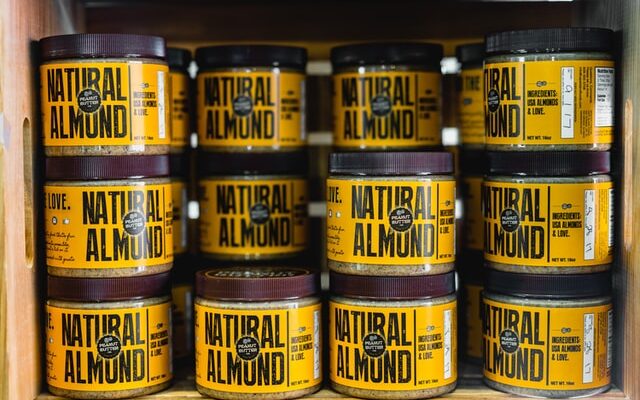
Protein load: 3.4 grams per 1 Tbsp
Almond butter is similar to peanut butter, although the nature of the base nut results in slightly different nutrition (and flavor!) profiles.
Although slightly lower in protein, almond butter contains about 25% more monounsaturated fat, which is important as this type of fat has been connected to improved heart health and glycemic control.
Peanut butter has more saturated fat than almond butter; although saturated fat is not harmful in reasonable amounts, overconsumption can result in high cholesterol and cardiovascular disease.
Quinoa
Protein load: 8 grams per 1 cup of cooked quinoa
Quinoa is much more nutrient-dense than most other grains, containing significant amounts of fiber, protein, and several key micronutrients. It is classified as a complete protein as it contains all of the essential amino acids.
Unlike most grains, quinoa is gluten-free, making it ideal for consumption for those that are allergic or sensitive to gluten.
Because of its mild flavor, quinoa is very versatile and can be incorporated into your diet in many different ways.
Consider adding it to your favorite smoothie or salad to boost its protein content and overall nutrient profile!
Chia Seeds
Protein load: 4.7 grams per 1 ounce
Chia seeds have become increasingly popular in recent years for their impressive nutritional profile and health benefits.
In addition to their high protein content, they contain high amounts of omega-3 fatty acids, fiber, calcium, and antioxidants.
The high protein and fiber content have the potential to help with weight loss by increasing and prolonging fullness and, thus, reducing intake.
Additionally, their nutrient composition offers a variety of health benefits, including reduced risk of many chronic diseases.
Cow’s Milk
Protein load: 8 grams per 1 cup
Cow’s milk has historically gotten a bad reputation because of its relatively high calorie and saturated fat content; however, there’s a lot of good stuff in cow’s milk that shouldn’t be overlooked.
In addition to its high protein content, cow’s milk is a rich source of calcium and many B vitamins.
Utilizing 1% or skim varieties will help reduce unwanted calories and saturated fat while still providing optimal amounts of these other nutrients.
Unless you have lactose intolerance, cow’s milk is a great option to naturally boost the protein in your diet.
Soy Milk
Protein load: 7 grams per 1 cup
Coming in just slightly lower in protein, soy milk is a great alternative to cow’s milk for those that suffer from lactose intolerance or are looking for a plant-based alternative.
Soy milk, which is made from soybeans, is low in both saturated fat and calories while providing a good amount of protein.
It is naturally a great source of potassium and can be fortified with other micronutrients as well to further boost the nutritional content.
Kale
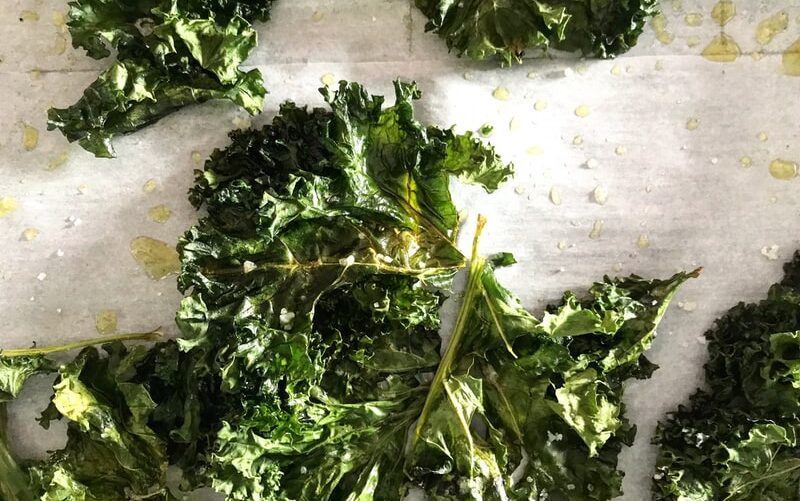
Protein load: 2.9 grams per 1 cup of chopped kale
Kale is one of the most nutrient-dense foods ever; it has gained popularity as word of its high nutrient density has spread.
In addition to its high protein content, it contains significant amounts of vitamins A, C, and K, manganese, and copper.
The high vitamin A and C content make kale a rich antioxidant source, resulting in its heart-protective and anti-inflammatory nature in addition to offering a variety of other health benefits.
Because kale has a bitter flavor, many people prefer to add it to smoothies as a protein booster to reap the health benefits.
Guava
Protein load: 4.2 grams per 1 cup
Guava contains a surprisingly high amount of protein, a nutrient we don’t generally associate with fruit. Guava is also rich in antioxidants, vitamin C, potassium, and fiber.
An added benefit of this fruit is that it tastes fantastic, which makes it easy to consume!
This yummy fruit has been associated with reduced blood pressure, reduced bad cholesterol levels, increased good cholesterol levels, and improved overall cardiovascular health.
Given its delicious taste and myriad of health benefits, there’s really no reason not to incorporate some guava in your diet to help boost your protein intake.
Kefir
Protein load: 11 grams per 1 cup
Kefir is a fermented milk beverage, which has been gaining popularity in recent years due to its health benefits.
It contains a similar nutrient profile and taste to yogurt, although is actually considered to be a better source of probiotics.
The probiotic composition not only promotes gut health, but also emits an antibacterial effect against potentially harmful bacteria.
Although kefir can be consumed alone, its sour flavor makes it undesirable to some; adding it to smoothies or protein shakes can be a great way to reap the benefits while masking the taste.
Almonds
Protein load: 6 grams per 1 ounce
Almonds make for a delicious and nutrient-dense snack, containing large amounts of protein, heart healthy fats, antioxidants, and a variety of micronutrients.
The antioxidants are concentrated in the almond’s skin, so consuming almonds with the skins removed are not as desirable nutritionally.
Because of their high protein and fiber content, almonds can help you stay full for longer periods of time.
Almonds are incredibly versatile and can be incorporated in the diet in a variety of ways – by themselves, in salad, sprinkled over yogurt or oatmeal, or ground up in your smoothies.
Protein load: 4.3 grams per 1 ounce
Walnuts’ claim to fame is their high composition of polyunsaturated and monounsaturated fats, but they also contain a good bit of protein.
Walnuts contain higher amounts of omega-3 fatty acids than any other tree nut, with pecans coming in a distant second.
Their impressive fat profile makes them incredibly good for our cardiovascular health, but they carry other health benefits as well.
Eggs
Protein load: 6 grams per 1 large egg
Eggs have an amazing nutritional profile, but they have come under fire in the past for their high cholesterol levels which were thought to raise blood cholesterol levels.
Many studies, however, have contradicted this. On the contrary, eggs contain a decent amount of heart healthy fats and play a role in increasing our HDL or “good” cholesterol which results in improved cardiovascular health.
Eggs also contain a variety of micronutrients and offer significant health benefits when consumed in moderation.
The versatility of eggs makes them easy to incorporate in a healthy diet and a perfect protein booster food.
Spirulina Powder
Protein load: 4 grams per 1 Tbsp
Spirulina is a type of blue-green algae, similar to seaweed, that grows in fresh and saltwater.
Found in powder, tablet, and capsule forms, it is easy to add to your favorite smoothie or protein shake for an extra nutritional boost.
It is crazy nutrient-dense, containing essential amino acids, omega-3 and omega-6 fatty acids, and lots of vitamins, minerals, and antioxidants. Just think about all of the potential health benefits!
However, it’s important to note that because Spirulina is considered a supplement rather than a food product, it is not regulated by the FDA.
Chickpeas
Protein load: 2.4 grams per 1 Tbsp
Part of the legume family, chickpeas are rich in protein, fiber, monounsaturated and polyunsaturated fatty acids, folate, iron, and phosphorus.
As a result of their high nutrient density and plant-based protein source, they are a great addition to your diet and boast many benefits, including gut health, glycemic control, and cardiovascular health, when consumed consistently.

As a result of their high nutrient density and plant-based protein source, they are a great addition to your diet and boast many benefits, including gut health, glycemic control, and cardiovascular health, when consumed consistently.
They can be added to your diet in a variety of ways, such as adding them to your salads or soups, adding to smoothies or protein shakes, or roasting them to snack on during the day.
Tofu
Protein Booster load: 10 grams per ½ cup
Tofu is made from soybeans, so it contains similar nutritional benefits to the soy products and plant-based proteins we’ve mentioned so far.
The benefits related to plant-based proteins are undeniable and there is quite a bit of research correlating soy specifically to positive health outcomes.
Tofu is generally associated with vegetarians and vegans exclusively; although it can be a scary food item for some, its mild flavor actually makes it very versatile when incorporating into your diet.
Cacao Nibs
Protein load: 3 grams of protein per 1 ounce
Cacao nibs are smaller pieces of cacao beans, which are the precursor for chocolate.
They are significantly less processed than commercial chocolate products (and tons lower in sugar!), but do still provide a chocolatey flavor albeit much less sweet.
For lovers of dark chocolate, this is an excellent (and yummy) way to add some protein boosters and other goodies, including antioxidants and fiber, to your diet.
Cacao nibs can be easily added to smoothies, oatmeal, coffee, yogurt, and other food items to boost their nutritional content as well as add a delicious chocolatey flavor.
Hemp Seeds
Protein load: 11 grams per 30 grams hemp seeds(2-3 Tbsp)
Hemp seeds are exactly what they sound like, seeds from the hemp plant. They are very nutritious, rich in many macro- and micronutrients, and contain similar health benefits to some of our other plant-based proteins.
These seeds contain roughly 30% of calories from fat, with high amounts of omega-6 and omega-3 fatty acids, and over 25% of calories from high quality proteins.
Compared to the other seeds we’ve reviewed, chia, pumpkin, and flax, hemp seeds are quite a bit higher in protein although they can be incorporated into the diet in similar ways.
Maca Root
Protein load: 4 grams per 1 ounce
Maca root is most commonly available in powder form so it is nice and easy to add to your favorite foods for a little protein boost. It can also be found in capsule form or as a liquid extract.
It has an earthy, nutty flavor that some do not care for, so it may be best added to smoothies or shakes where the flavor will be overpowered by that of other ingredients.
Beyond its rich protein content, maca root boasts significant amounts of fiber, vitamin C, copper, iron, and potassium.
White Beans
Protein load: 15 grams per 1 cup
White kidney beans, or cannellini beans, are highly nutritious, containing not only a significant amount of protein but also significant amounts of complex carbohydrates and fiber and minimal amounts of fat.
They are also incredibly rich in B vitamins, particularly B12, iron, potassium, zinc, and several other micronutrients.
These beans make a great addition to soups or chilis to help increase their protein and overall nutritional content.
The high protein and fiber content ensures that they will keep you full for longer periods of time and help control weight as a result.
Key Takeaway
As you can see, there are so many ways to naturally increase your protein intake!
And the benefit that these foods have over many commercial protein boosters is that they contain such a wide variety of other nutrients as well which can help improve your overall health.
